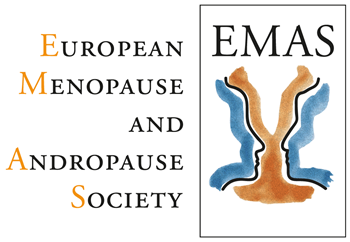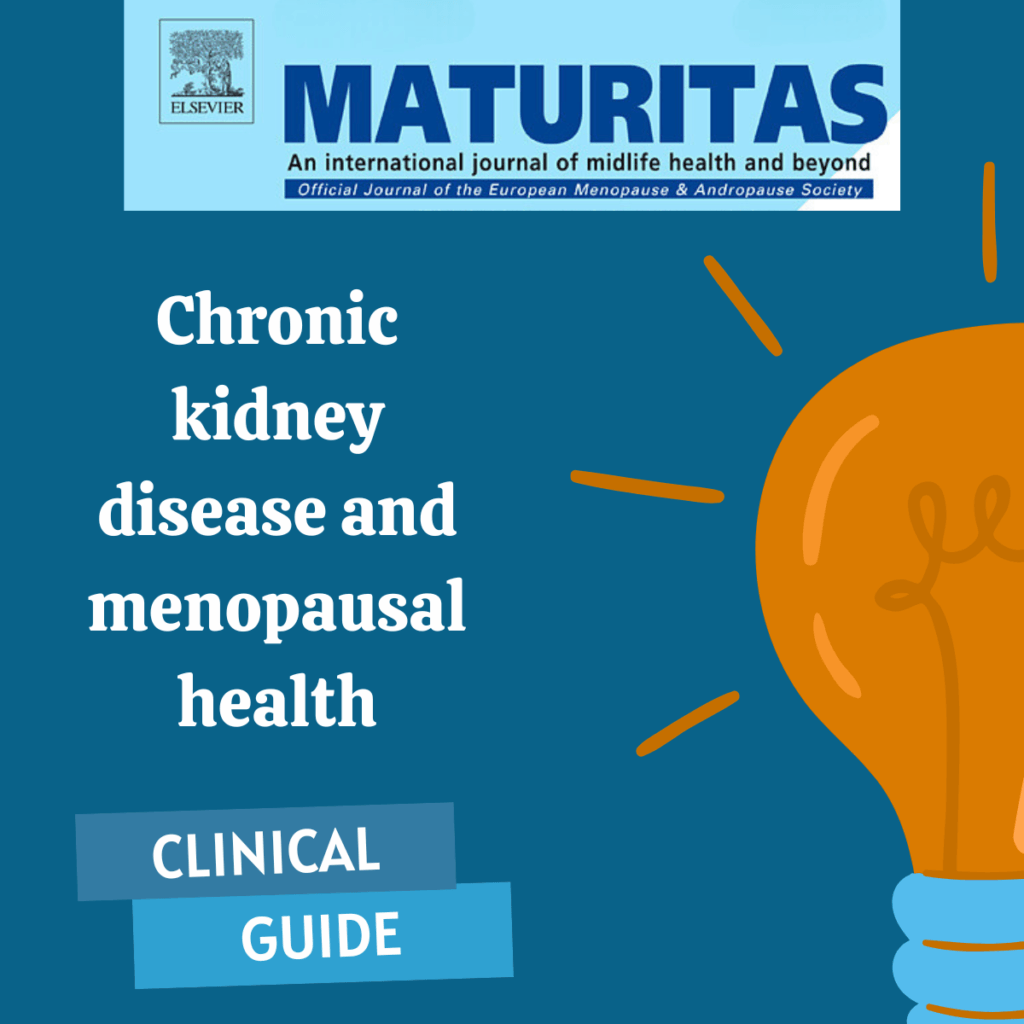Chronic Kidney Disease and Menopausal Health: New Guideline Highlights Practical Care Recommendations
A new clinical guideline highlights the important connections between menopause, aging, and kidney health, noting that both menopause and chronic kidney disease (CKD) can significantly impact cardiovascular and bone health. Key recommendations for menopause care in women with CKD include lifestyle adjustments and careful management of cardiovascular risk factors. While estrogen’s role in supporting kidney function is promising, research on menopause hormone therapy (MHT) is mixed, and the ideal dosing for women with CKD is still being studied. Non-hormonal options for managing menopause symptoms and bone health are considered safe for women with mild to moderate CKD, with a multidisciplinary approach encouraged to ensure comprehensive care.
Key Highlights:
- Aging and menopause both affect kidney function.
- Both menopause and CKD have a significant impact on cardiovascular and bone health.
- Management of menopause for women with chronic kidney disease includes lifestyle measures and control of cardiovascular risk factors.
- Estrogen influences renal function and may be renoprotective; however, the results of epidemiological studies on the possible role of MHT are conflicting.
- Vasomotor symptoms are the main indication of MHT. The optimal dose of menopause hormone therapy for women with chronic kidney disease needs to be clarified.
- Protection of kidney function could be considered as an additional indication for MHT in women with primary ovarian insufficiency (POI) or early menopause.
- Non-hormonal options for vasomotor symptoms and osteoporosis are not contraindicated in women with mild to moderate chronic kidney disease.
- A multidisciplinary approach is recommended.
An extensive clinical guide on the topic has been published by the European Menopause and Andropause Society (EMAS) in the latest issue of Maturitas.

